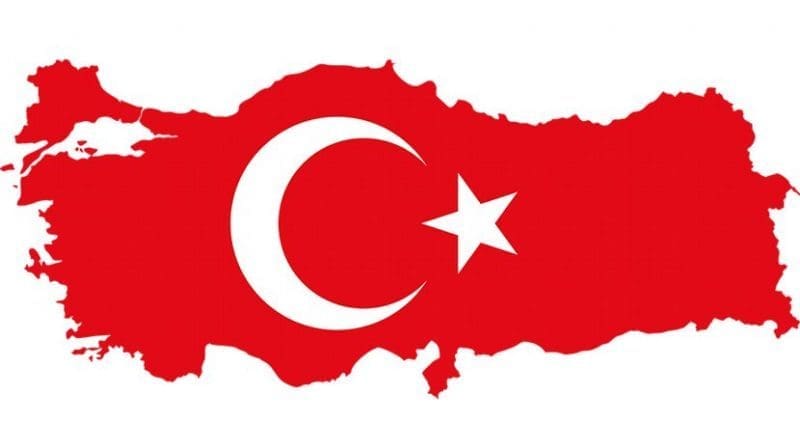Turkey: Energy Market Forecasts For 2024 – OpEd
By the end of November 2023, according to data released by the Ministry of Energy and Natural Resources of Turkey, the installed capacity in Turkey’s energy sector reached 106,152 MW. This figure underscores the significant expansion of our country’s energy production capacity.
When we examine the distribution of installed capacity by resources, we observe the following main headings:
• Hydroelectric Power (%29.8): The contribution of energy derived from water sources is notably high in total energy production. Sustainable use of these water sources is critical for energy supply security.
• Natural Gas (%23.9): A substantial part of Turkey’s energy demand is met with natural gas, sourced both domestically and from foreign countries. It remains a cornerstone of the energy sector.
• Coal (%20.5): Coal holds a significant position among fossil fuels, widely used in electricity generation. However, due to its environmental impacts, policies towards sustainable energy sources need to be developed.
• Wind (%11): Wind energy, rapidly advancing in recent years, has secured a prominent place among renewable energy sources. Investments, especially along the coastal regions, highlight the potential in this sector.
• Solar (%10.6): Turkey boasts a high potential for solar energy. Increased investments in harnessing this potential will contribute to the transformation of the energy sector.
• Geothermal (%1.6): Geothermal energy is a vital energy source, especially in western regions of Turkey. Utilizing the heat from underground waters presents a sustainable energy source.
• Other Sources (%2.6): Other sources used in the energy sector typically concentrate on areas like biomass and waste energy. Efficient utilization of these sources can enhance energy supply security.
Every year, the most prestigious energy conference and fair in Europe, Enlit2023, takes place. The year it was held on 28-29-30 November in Paris. Turkish companies, albeit in smaller numbers, participated in this grand gathering, enriching the event with their expertise in thermal power plant construction. Enlit2024 is scheduled to take place in Milan, Italy, at the end of next year.
The COP28 Dubai meeting faced criticism for its focus on promoting fossil fuels.
Turkey’s role in international relations and its stance on events in Palestine remain limited. Among the priorities of our country are focusing on internal matters and maintaining its traditional neutral policy.
The Akkuyu nuclear power plant holds strategic importance. However, precautions must be taken against potential threats in its vicinity. While nuclear energy offers the potential to reduce energy dependency, it’s essential not to overlook the associated risks.
For 2024, developments in the energy markets are anticipated to be closely related to topics such as energy efficiency, energy storage systems, and digitalization, in addition to the resources mentioned above. With its dynamic structure in the energy sector, Turkey will continue to maintain its significant position in regional energy markets.

